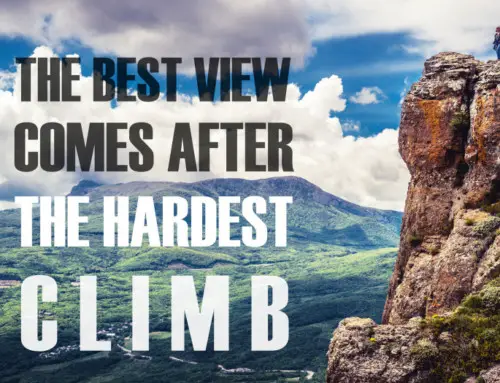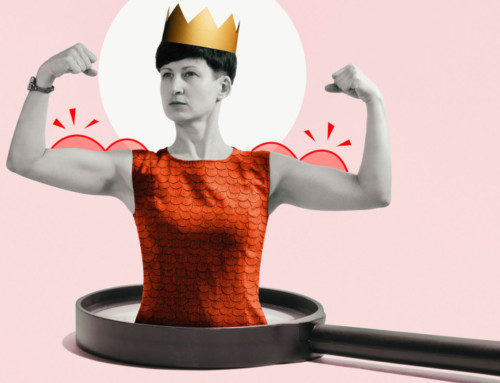What are your weaknesses? If you have not read the previous post List of Weaknesses: 43 Examples of Personal Weaknesses start there. Once you have found your TOP 3 WEAKNESSES it’s time to understand the interview question.
What is your greatest weakness?
It’s all about your response. The response to your weaknesses that is. Your future employer wants to know you are aware of the areas you need to work on AND you are taking steps to grow in these areas.
DO NOT USE A STRENGTH. Using a strength as a weakness is deflecting the question. Answering this way may cause the interview to take a turn for the worse.
Showing you are able to adapt to changes in a work environment is crucial. Employers want to see your problem solving skills no matter what career you are in. They are more interested in how you respond to your weaknesses than anything.
How the weakness question is brought up
Let’s face it… The employer doesn’t always come out and say “What are your weaknesses?” In an ideal setting they would ask the exact question you have spent hours preparing and crafting your answer for.
If they do ask you to describe your weaknesses your all set. However, sometimes they will ask about a challenging time in a past work environment. They may ask about problem areas you have.
No matter how the question is phrased it is good to come up with a few answers before the interview. This is why it is a good idea to know your top 3 weaknesses.
Why are they asking the question
They want to see you sweet! Okay, that’s not true but it sure feels like it. They want to see your critical thinking skills. They want to see how you respond to a tough question when you are not expecting it.
Positions where you will be dealing with customers require the strength to respond appropriately. Almost all jobs require interactions with others and how you react to tough situations says a lot about your character.
How to answer the interview question
STEP 1 is showing your aware of your weaknesses.
STEP 2 is showing how you respond or have improved this weakness.
STEP 3 is showing how your improvements relate to the position your applying for.
Example
Interviewer:
What areas did you struggle in your last job?
Your answer:
That’s a good question… At first, the area I struggled in was short-term planning for projects I was apart of. I did not have a proven way of organizing my tasks and goals for the project. However, over time I developed a new task management process that shortened project timelines. I was able to share this process with my team members and look forward to bringing it to my new position with your company.
Notice how the response started with simple sentence and a pause. YOU DO NOT NEED TO HURRY. It is okay to pause in an interview. Take time to think about your answer to an interview question.
STEP 1: Show you were aware of a weakness (short-term planning).
STEP 2: Explain how you worked on improving the weaknesses and expand on the question.
STEP 3: Relate your improvements to a way the company can benefit.
Interested in reading about the $1 Million Answer?
Visit our complete guide here: Million Dollar Strengths and Weaknesses
Question:
Have you had an interview recently? Comment below with an example of how the “What are your Weaknesses” question was brought up. This will help others see different ways the weaknesses question is asked.





